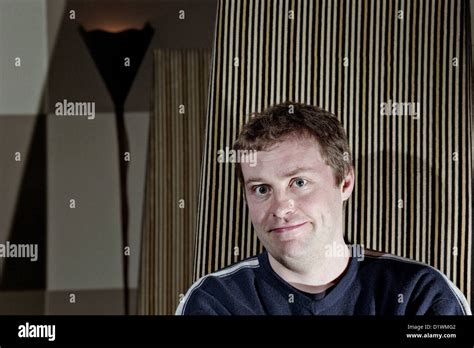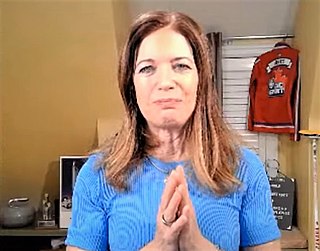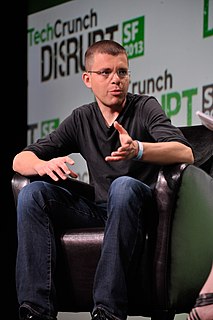A Quote by Michael King
Big media companies have lots of money and content, but they have no way to tap into a good base of users.
Related Quotes
Authors and publishers want fair compensation and a means of protecting content through digital rights management. Vendors and technology companies want new markets for e-book reading devices and other hardware. End-users most of all want a wide range and generous amount of high-quality content for free or at reasonable costs. Like end-users, libraries want quality, quantity, economy, and variety as well as flexible business models.
Can anyone create an enduring business on the Web, where it's easy to build new companies, and when survival depends on the whims of fickle users? The big lesson of 'Digg' may be simply this: if someone offers you a ridiculous amount of money for a company that wasn't that hard to build, don't think twice. Take the money and run.
Journalism continues to go south, thanks to big media and its strangulation of news, and there's not much left in the way of community or local media. Add to that an internet that has not even started thinking seriously about how it supports journalism. You have these big companies like Google and Facebook who run the news and sell all the ads next to it, but what do they put back into journalism? It isn't much.
We tend to think of Steam as tools for content developers and tools for producers. We're just always thinking: how do we want to make content developers' lives better and users' lives a lot better? With Big Picture Mode, we're trying to answer the question: 'How can we maximize a content developers' investment?'








































